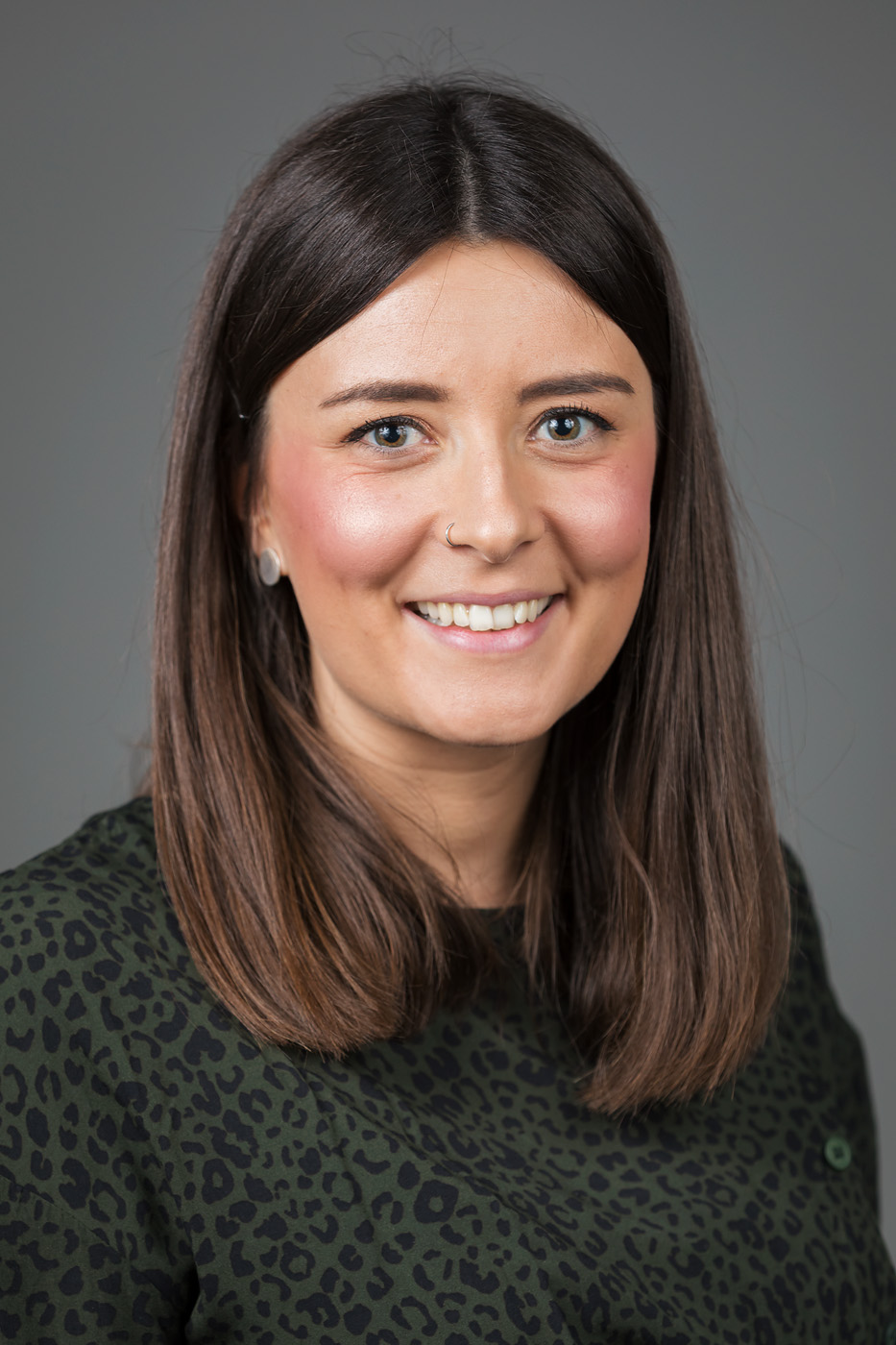 Ana Ibarra Ana Ibarra
© ECCO
|
On the evening of Wednesday, February 16, nurses from several countries across Europe participated in our yearly N-ECCO National Representatives Meeting.
As N-ECCO Committee Member responsible for the National Representatives, I welcomed the attendees. An exchange of nurses every 2–3 years is greatly encouraged by N-ECCO, but many countries nevertheless retain the same National Representatives for more than 3 years. New people tend to mean new ideas, although some countries have different service setups and getting new representatives is sometimes difficult.